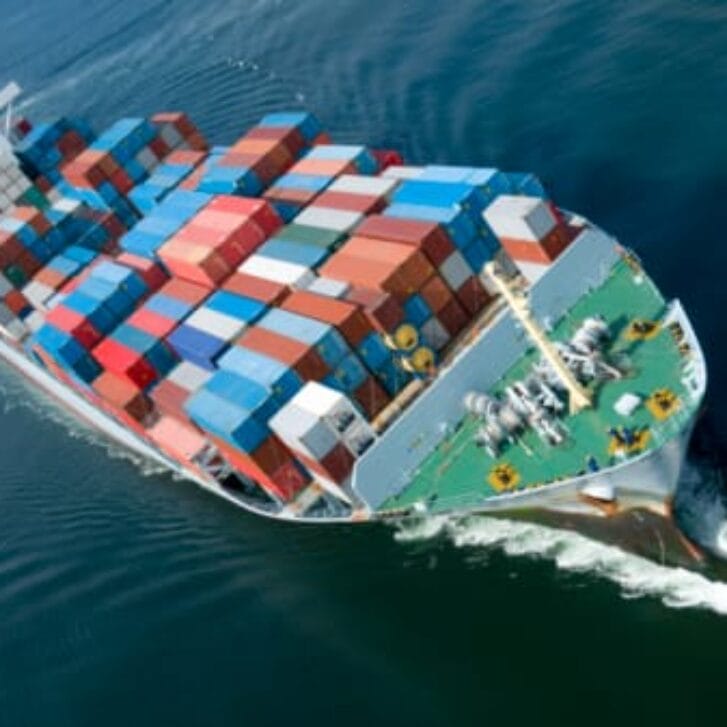For any business in today’s world, not expanding internationally is practically a sin. Not only does such expansion provide diversification and additional revenue, it also exposes one to different methods of doing business. In addition, the U.S. business that expands overseas can benefit back home from increased cultural sensitivity, competitive intelligence, new opportunities and better management practices.
One of the key reasons to expand overseas is diversification. Although we live in a global economic society and cross-border economic slowdowns affect us all, different countries are at different stages of their economic development. Therefore, markets that are ultra competitive and mature in the U.S. may still be emerging, or do not yet even exist, in other countries. This offers firms an opportunity to become less dependent on their domestic economic situation.
Another reason to expand internationally, of course, is to fuel financial growth. Foreign markets offer new sources for revenue and profit margin expansion. Much has been written about BRIC countries and their enormous populations and growing purchasing power. Expanding into these markets, however, requires significant resources and a very strong competitive advantage. The same can be said for Western European countries, and the markets of Australia and South Africa. Although numerous opportunities still exist in many existing or emerging market segments, businesses that are only now thinking of international expansion—especially those companies that are small- or mid-sized—would be best advised to consider starting their international foray with smaller markets, in countries such as Vietnam, Ukraine, Romania, Bulgaria, Poland, Hungary, Turkey, Kazakhstan, Georgia, Turkmenistan, Costa Rica, Panama, Chile, the Caribbean Basin and Sub-Saharan Africa. Each of these markets can provide terrific additional revenue and profits to any U.S. company that takes the time and effort to study the markets and enter them carefully.
At this point you may be asking yourself a few different questions. “How do I choose the right markets?” “How many countries can my company enter at once?” “What financial, human and administrative resources will we need?” “What would our return on investment be if we do this?” These and other similar questions should, of course, be asked, but the answers lie across a broad spectrum.
I have seen businesses enter foreign markets on a completely opportunistic basis—for example, after meeting someone from that country at a trade show, or being contacted by a foreign customer. I also have seen companies do extremely thorough marketing research and systematic analysis before taking the plunge. Usually, it is a combination of both.
What is important, however, once you decide to pursue international expansion, is that you commit to it in your mind and introduce it into your organization’s culture. That’s when things will start to happen, and you’ll begin to see overseas business opportunities. The challenge then is to separate the wheat from the chaff. Eliminate unscrupulous buyers and tire kickers, and thoroughly understand the proposed transaction while accurately managing expectations of all parties involved.
You also should look in the mirror and ask yourself, “Do I really want this—and is my company ready?” International expansion sounds exciting, cool and profitable. But if you or your organization lack patience, commitment, a desire to learn and a strong value proposition, international expansion can be the most painful and costly undertaking that you have ever tackled.
Like any other significant undertaking, realistic goals must be set, and important questions need to be both asked answered. What are you hoping to accomplish, both personally and for your organization? Will such an expansion affect your present operations? If yes, then how? How will you finance the undertaking? Are you being realistic in your expectations? Are you ready for multiple, grueling flights, jet lag, bad hotels (or great hotels in some places), unfamiliar food (sometimes amazing and sometimes inedible), and driving on unpaved, potentially hazardous roads? Is your company prepared to commit the human and financial resources necessary for the development and implementation of its international strategy?
If you answer a convincing “Yes” to the above questions, then pack light—and enjoy the journey.


























